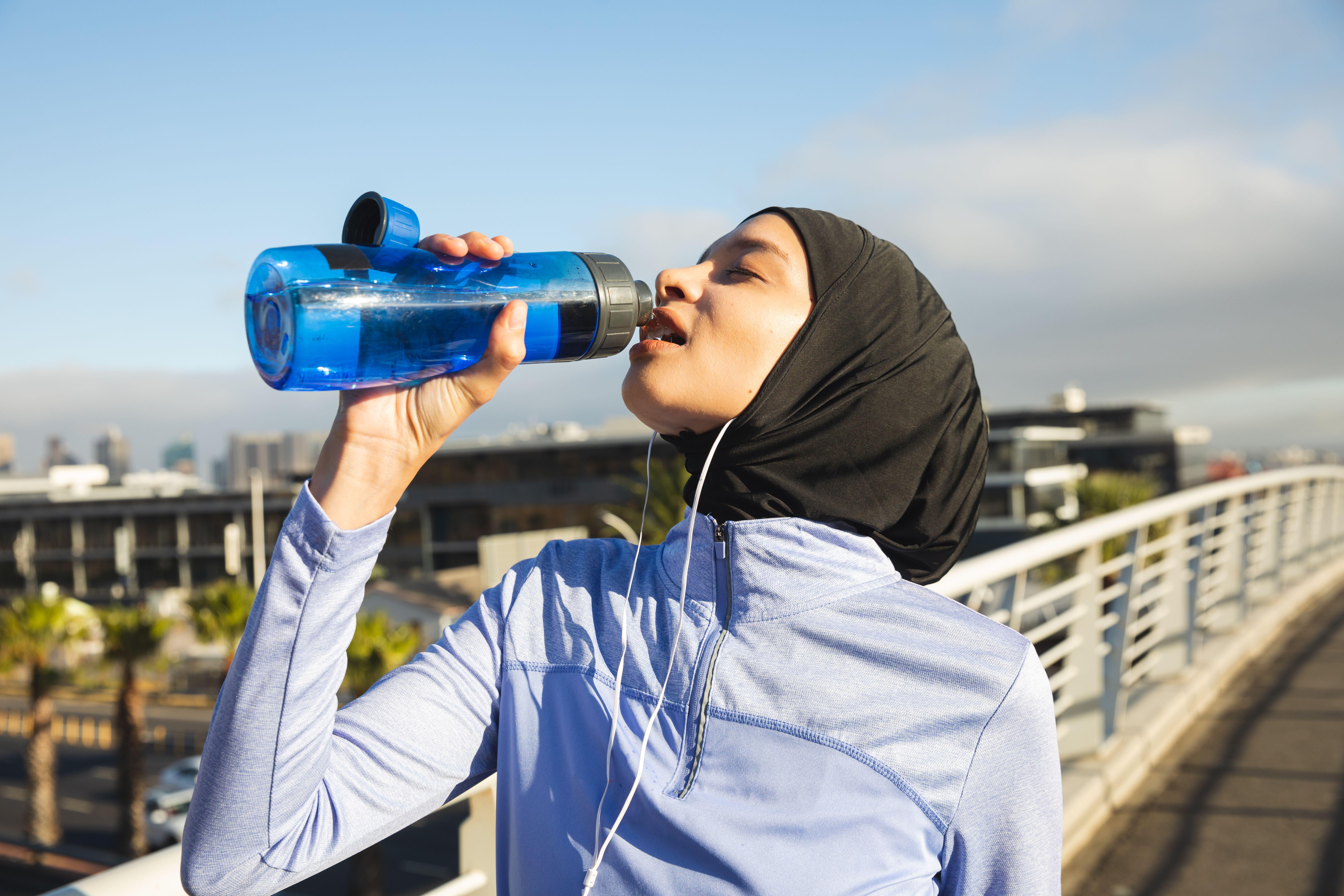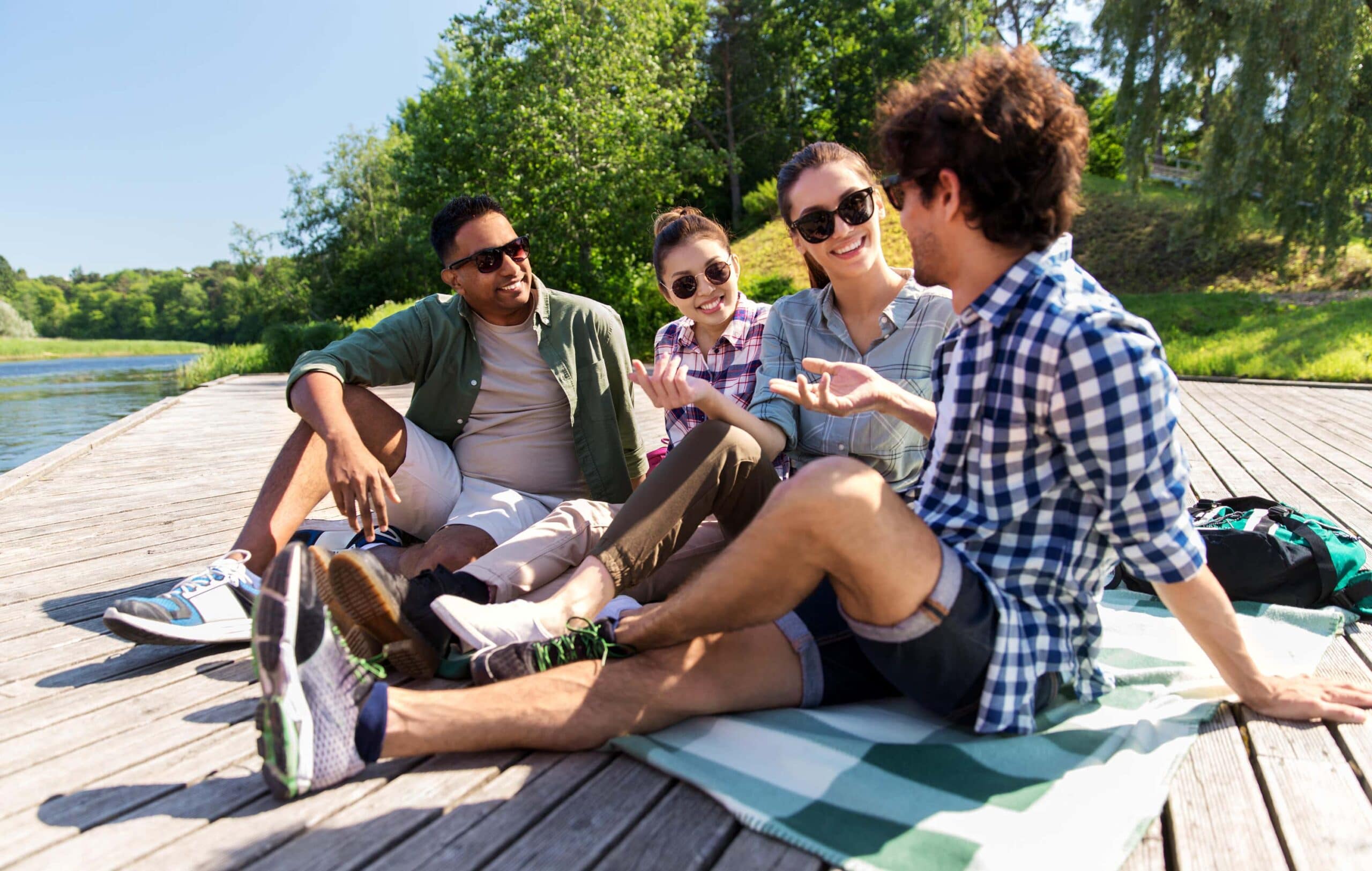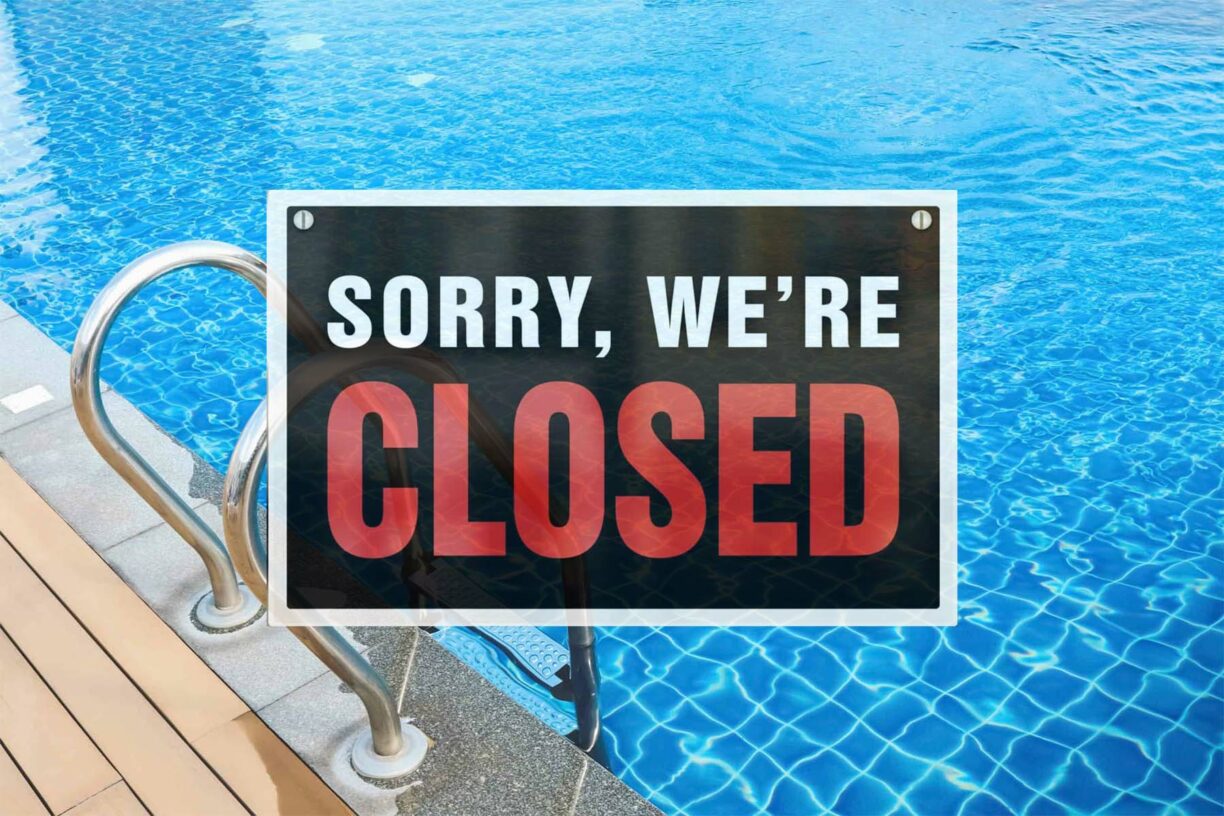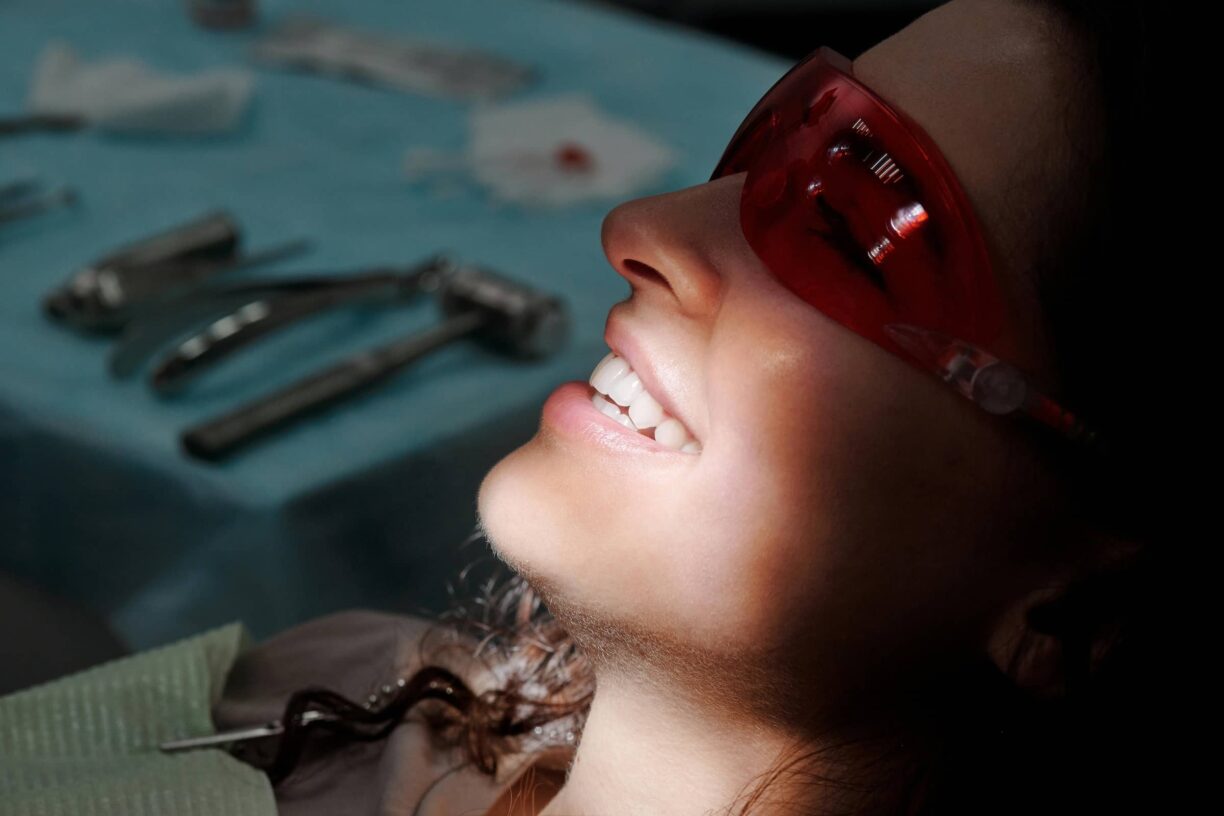Soaring temperatures are on the way, with the Met Office warning of high UV levels and temperatures reaching the mid-20s. Parts of the South East of the UK could even be hotter than the Mediterranean today (May 6) and next week.
Of course, sunshine is a welcome delight for many of us – we’ve been counting down for the chance to fire up those BBQs, hit the beach or rally friends in the park. But experts are reminding everyone to stay safe in the heat too – and let’s be honest, it’s very easy to forget our sun safety rules.
Avoiding sunburn is a biggie, but there are also other things to consider, such as protecting against heat exhaustion and serious heatstroke.

So, before everyone sets off to raid the supermarket sausage aisles and panic-shave their legs, we asked experts for a vital refresher on how to stay safe in a heatwave…
Beat the burn
SPF is a must – for all skin tones – to guard against long-term damage and skin cancer, as well as avoiding the immediate risks of sunburn – such as pain, overheating, and even infection if severe burns lead to blisters.
“Aim for SPF 50+,” advises Dr. Rhianna McClymont, a lead GP at Livi. “And try to avoid the sun from 11 am to 4 pm when UV rays are at their strongest.”
Let yourself acclimatise
We get it – the urge to drop everything and run for the nearest spot of grass is strong. But easing in gently might be a more sensible approach.
“The first hot day of the year is usually the most catastrophic because people aren’t accustomed to such conditions,” says senior sports scientist Abby Coleman (precisionfuelandhydration.com). “Before spending all day out in the heat, people should ease themselves into it – if they can – and give themselves a few days to adapt.”
Cover up and get some shade
If you are going to be outdoors for a long stretch, make sure you factor in plenty of shade. A sun hat – ideally one that protects vulnerable burn spots, like the neck and ears – can make a big difference, too.
“Wear appropriate clothing – loose-fitting, lightweight and breathable – and avoid dark colours,” adds Coleman. “Heavy clothing impedes the evaporation of sweat, which is the body’s cooling mechanism.”
Hydration, hydration, hydration
Avoiding dehydration is “super important”, says Coleman. “In hot weather, you will be sweating more, which reduces our body’s plasma volume and leads to dehydration.
This increases the strain on our cardiovascular system (increased heart rate) and impedes the body’s ability to thermoregulate (keep cool and sweat).

“Make sure you’re drinking enough to meet your increased sweat losses. If a person is a very heavy sweater, they may want to consider adding some electrolytes to their fluids, to replace those they’re also sweating out.”
Joshua Berkowitz, medical director at IV Boost, suggests carrying “a water bottle at all times, and sipping throughout the day. Don’t wait until you’re absolutely parched – if you’re feeling thirsty, you are already slightly dehydrated.”
Alcohol increases dehydration too, so go easy on the BBQ booze – and remember to sip water alongside that beer or glass of rose.
Exercise sensibly
Thinking about your workouts or planning a long hike? “If you are exercising during a heatwave, try to go early in the morning or later in the evening,” says Ash James from the Chartered Society of Physiotherapy.
“And ease up a little from your usual level of exertion. If running, that might mean a slower pace or simply a shorter jog” – or potentially having a shorter session, if you’re not lucky enough to be working out in an air-conditioned gym.

“Whatever you are doing, make sure you have water with you and are remaining hydrated. But it’s fine also to take a few days off! You can always pick it up again when the weather cools.”
Seek help quickly if you need it
As soon as you notice signs of sunburn and/or overheating, take steps to address it and get out of the sun. Heat stroke can be extremely serious and should be treated as a medical emergency.
Warning signs include a high body temperature, nausea and vomiting, rapid breathing and heart rate, and altered mental state and confusion. If worried, call 999.





